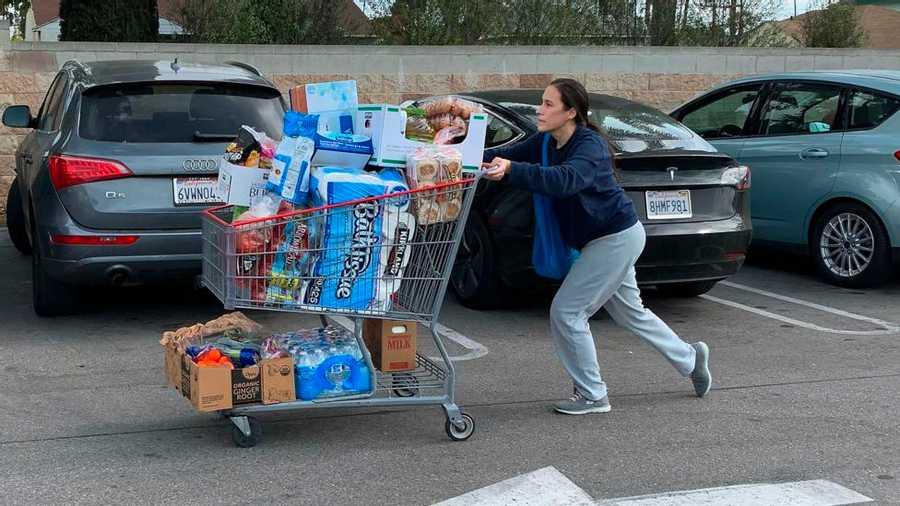Panic Buying
Panic Buying is more of an impulsive, reaction which is usually temporary and is mainly the anxiety which is felt due to an impending future event or crisis.
It includes buying huge quantities of.. toilet paper too. It also involves going into ‘survival mode’ and scavenging during an ongoing crisis.
25
182 reads
CURATED FROM
Hoarding, stockpiling, panic buying: What's normal behavior in an abnormal time?
theconversation.com
5 ideas
·903 reads
IDEAS CURATED BY
I am a sucker for gadgets, stubborn and curious. Eating right and sleeping well is important to me.
The idea is part of this collection:
Learn more about health with this collection
How to use storytelling to influence and persuade
How to create a compelling narrative
How to structure your story for maximum impact
Related collections
Similar ideas to Panic Buying
Panic Buying
The world is seeing panic buying in supermarkets, with items like toilet paper, milk, soda, hand sanitizers, etc. flying off the shelves, especially in places with confirmed cases of the virus.
Panic buying is a psychological mechanism fueled by anxiety along with a herd mentality....
Read & Learn
20x Faster
without
deepstash
with
deepstash
with
deepstash
Personalized microlearning
—
100+ Learning Journeys
—
Access to 200,000+ ideas
—
Access to the mobile app
—
Unlimited idea saving
—
—
Unlimited history
—
—
Unlimited listening to ideas
—
—
Downloading & offline access
—
—
Supercharge your mind with one idea per day
Enter your email and spend 1 minute every day to learn something new.
I agree to receive email updates
